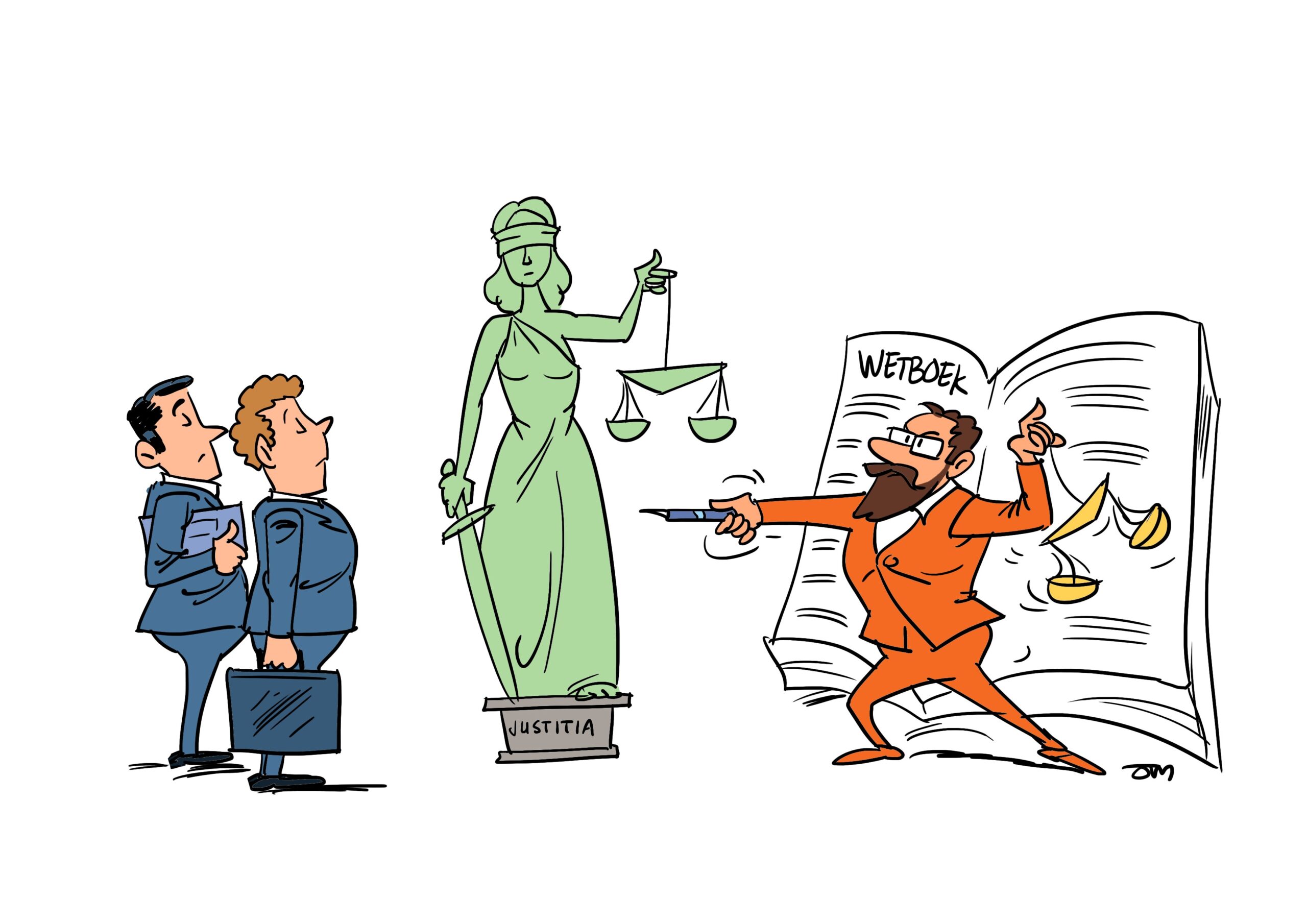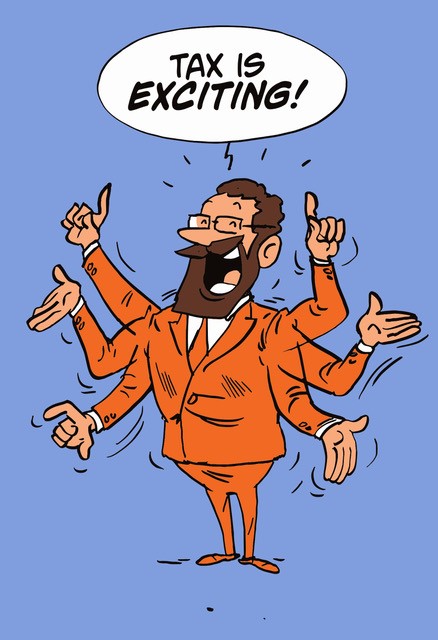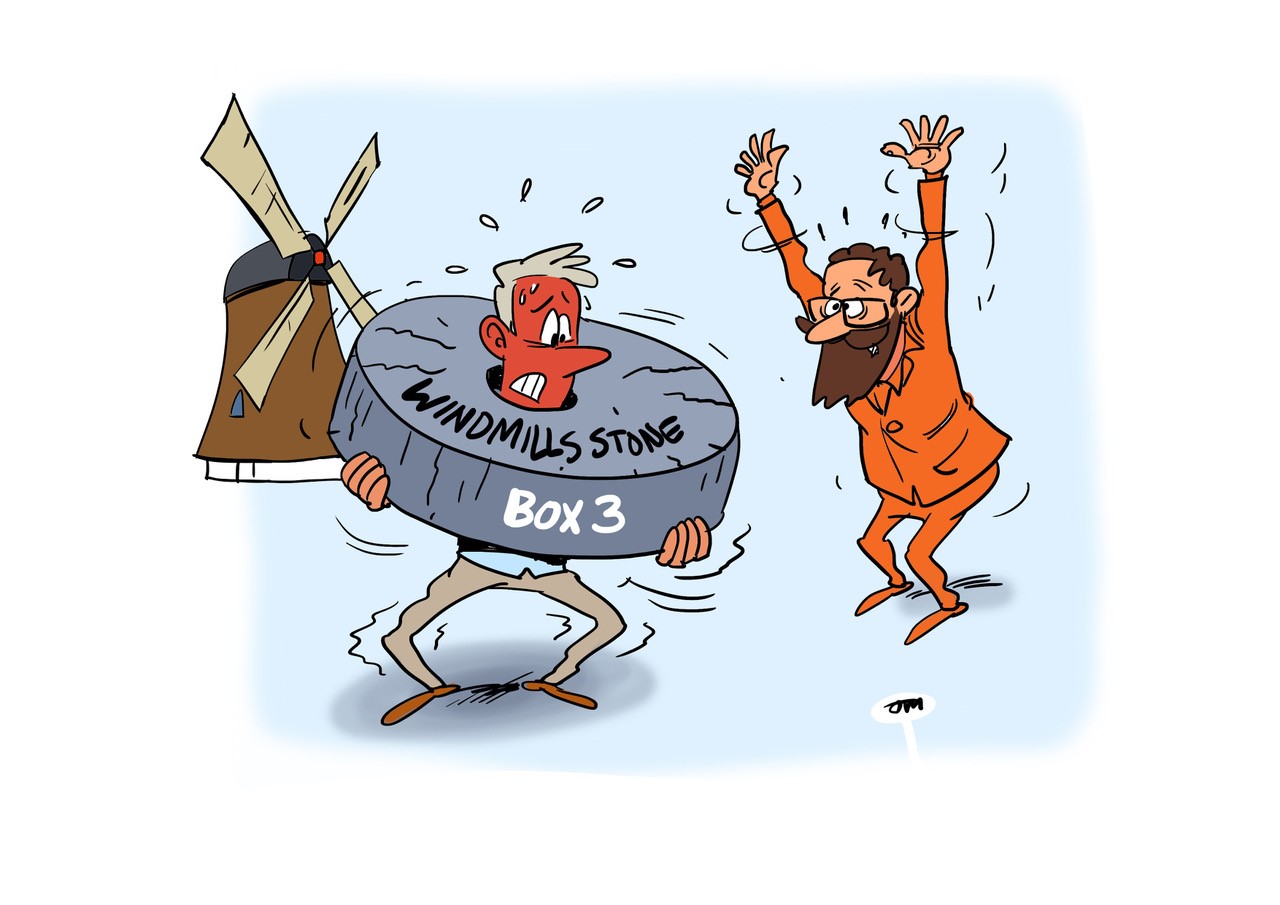You might have come across a referral to a box in the Netherlands. It is not ticking any box, you are in the box or not, regardless of a tick. So how does it work?
We have in Box 1 the employment income, pension income, profit income, any and all income generated by work, former work, company or activities that have exceeded the hobby status. Also in Box 1 you have the deductions. Deductions such as the mortgage deduction, study costs, illness, alimony (both costs and income are reported here), and the other deductions we have. The tax rate is the progressive tax rate that ends at 52%. This is the most common box to have your taxable income in.
Box 2 applies when you hold the shares of a company. This company can be a Dutch BV company, but in fact it applies to all world wide limited liability companies you have shares in for more than 5% during the period you are regarded a Dutch resident tax payer. If you then pay yourself a dividend, or you receive a liquidation payment, then this is taxed in this Box 2 at 25% Dutch income tax. During 2014 the rate has been reduced to 22% temporarily. 30% ruling holders can opt to be regarded a deemed non resident, and then the Box 2 does not apply to them.
Box 3 is for the happy few that have more world wide assets than EUR 21.139 (2013), with a tax partner that is EUR 42.278. Assets such as cash, bank balances, shares, options, stocks, real estate not being the main residence and similar items. Not included are cars, antiquities etc. The tax rate is 1.2% over the amount exceeding the threshold. That is based on the assumption that 4% interest is gained over the asset and that is taxed at 30%. At the time of the launch of this tax (2001) it was clearly stated that the 4% was not fixed. If the interest rates would go up, this rate would go up as well. We learned that the interest rates went down, less than 1%. But the 4% assumption has not been changed. That implies now that you pay more tax on your wealth than you could yield in interest.




